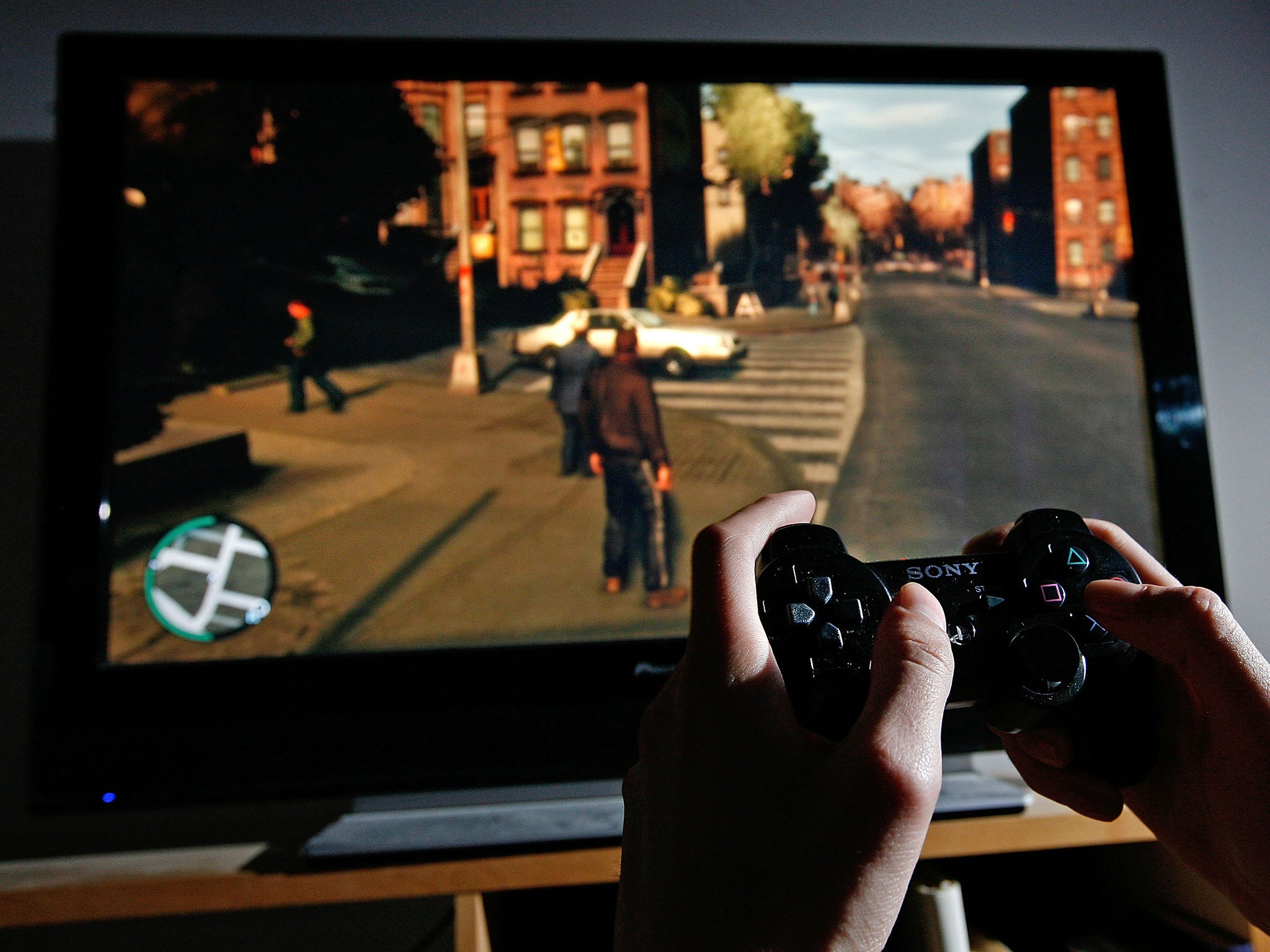Playing action-based video games could make you more prone to mental disorders, study claims
Research found regular gamers had reduced activity in the hippocampus

Your support helps us to tell the story
From reproductive rights to climate change to Big Tech, The Independent is on the ground when the story is developing. Whether it's investigating the financials of Elon Musk's pro-Trump PAC or producing our latest documentary, 'The A Word', which shines a light on the American women fighting for reproductive rights, we know how important it is to parse out the facts from the messaging.
At such a critical moment in US history, we need reporters on the ground. Your donation allows us to keep sending journalists to speak to both sides of the story.
The Independent is trusted by Americans across the entire political spectrum. And unlike many other quality news outlets, we choose not to lock Americans out of our reporting and analysis with paywalls. We believe quality journalism should be available to everyone, paid for by those who can afford it.
Your support makes all the difference.People who spend hours playing action-based video games such as Call of Duty or Grand Theft Auto may be making themselves more prone to mental disorders, according to a new study.
Researchers found that people who regularly played action games had reduced activity in the hippocampus, the part of the brain responsible for short and long term memory as well as spatial awareness. Instead, they had learnt to rely on a different part of their brain to navigate through the virtual worlds.
The researchers say that the finding is significant because a lack of activity in the hippocampus can precede the onset of mental disorders such as Alzheimer’s disease. Previous research has shown that playing such games can improve people’s mental functions and reaction times – but the new study suggests that this may come at the expense of other parts of the brain.
The researchers arrived at their conclusion by giving 26 video game players and 33 non-video game players similar navigational tasks with different solutions. They found that the two groups used distinctly different strategies to reach the end, using different parts of their brains to do so.
It is estimated that people across the world collectively spend three billion hours per week playing video games, while the average young person will have spent nearly 10,000 hours on the pastime by the time they are 21.
“As video game playing becomes more and more ubiquitous, it is increasingly important to better understand the impact this intense exposure has on cognitive and neural functioning,” the researchers wrote, calling for further work to be carried out to establish whether video games had a direct effect on the hippocampus.
Tim Parry from Alzheimer’s Research UK said: “The risk factors for Alzheimer’s and other causes of dementia are varied and complex, but this study does not add Call of Duty or Grand Theft Auto to that list. This study focussed on a specific navigation task in young adults and did not look long term at memory and thinking skills.”
The study, conducted by teams at the University of Montreal and McGill University, is published in the journal Proceedings of the Royal Society B.
Join our commenting forum
Join thought-provoking conversations, follow other Independent readers and see their replies
Comments